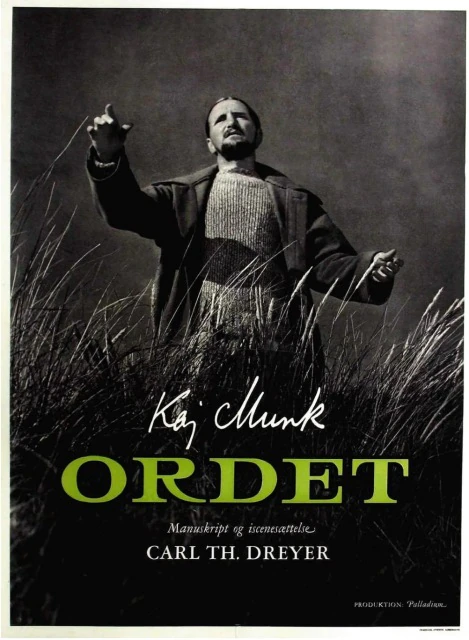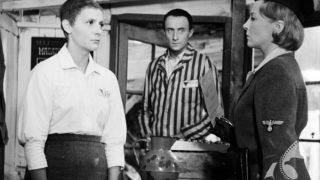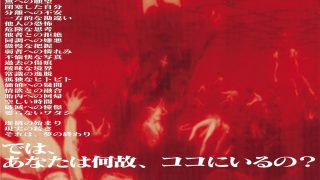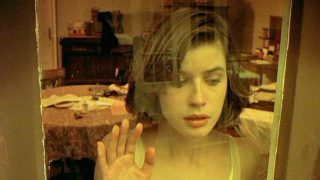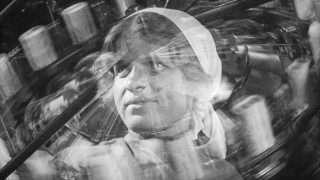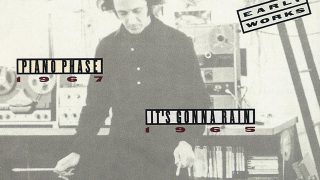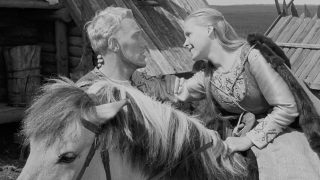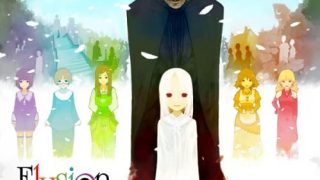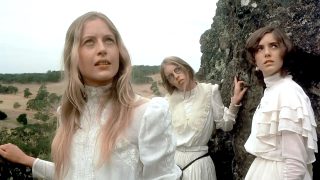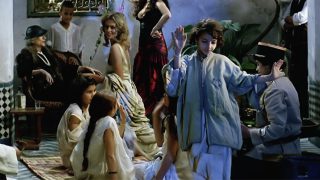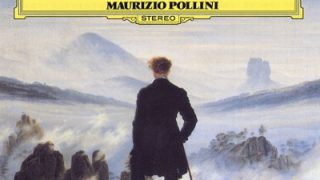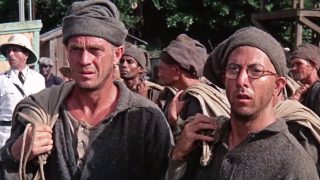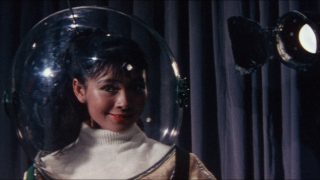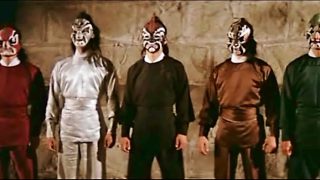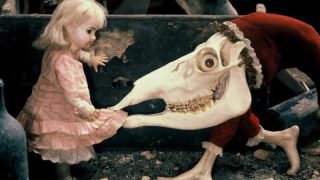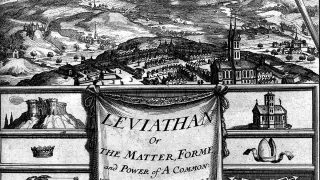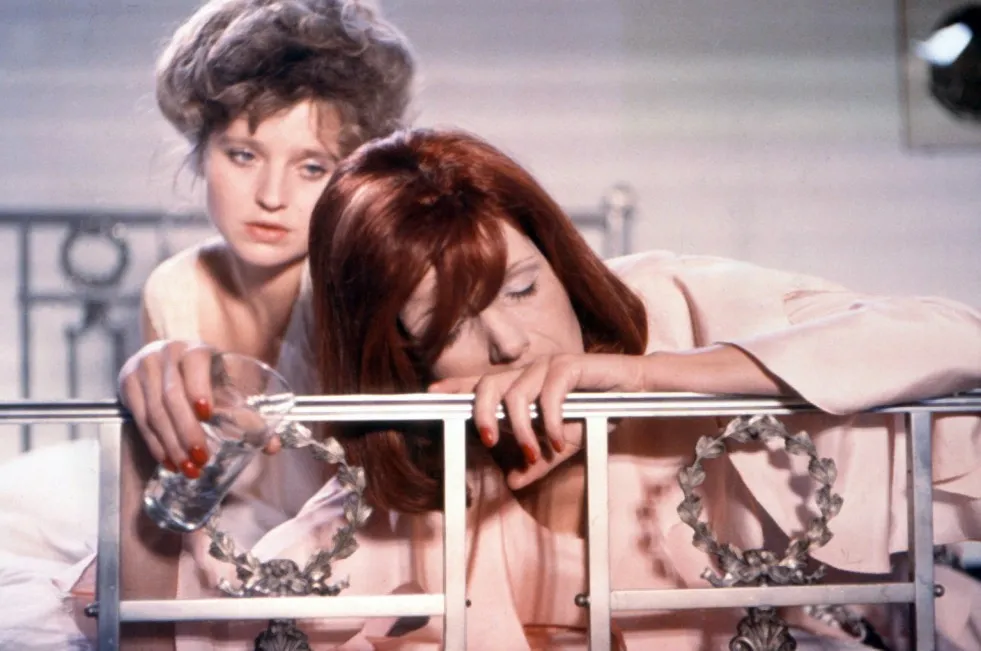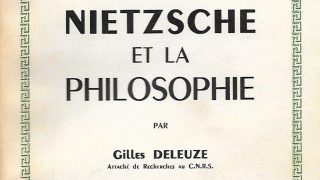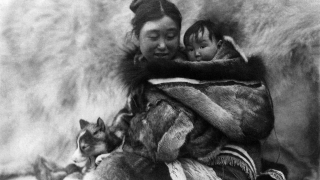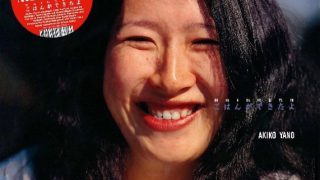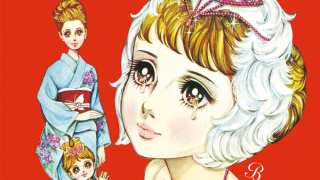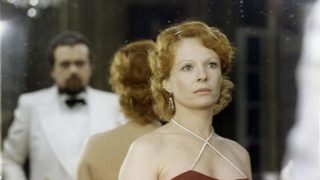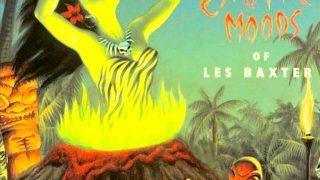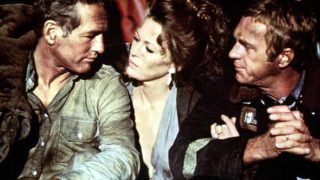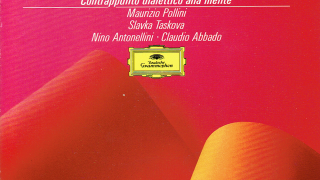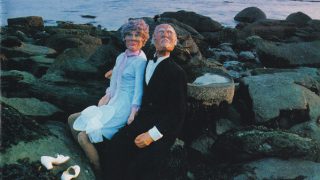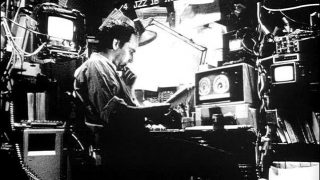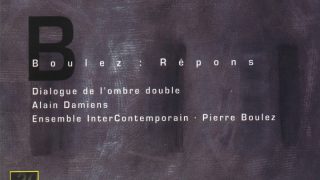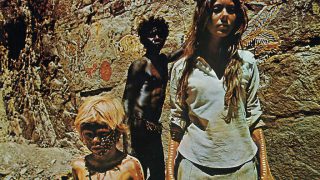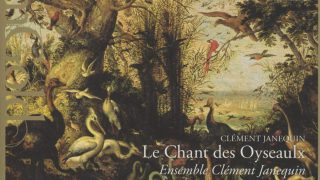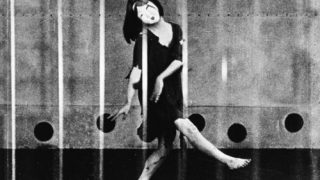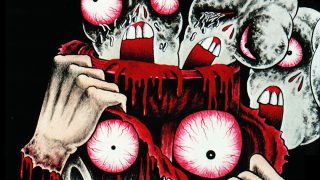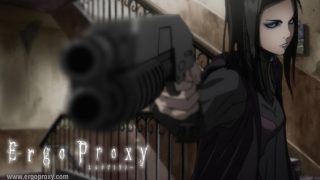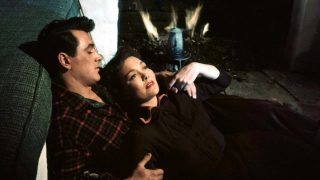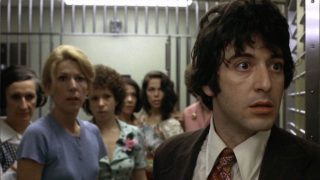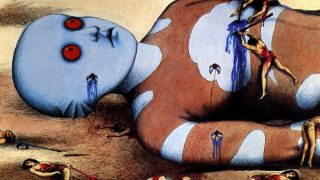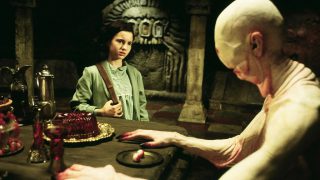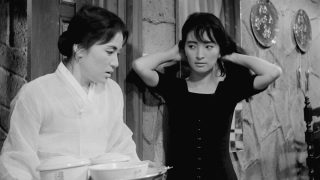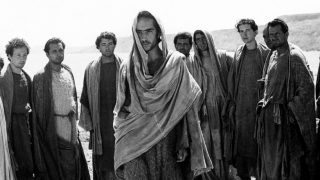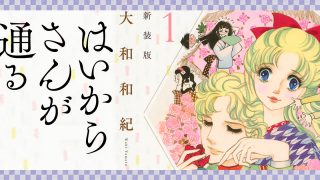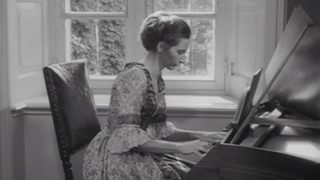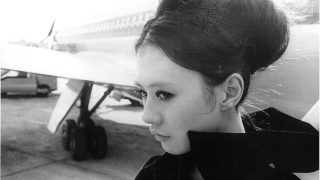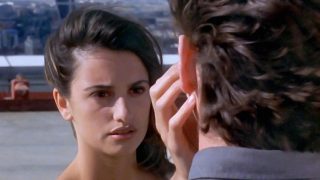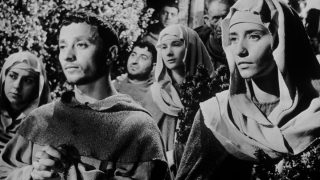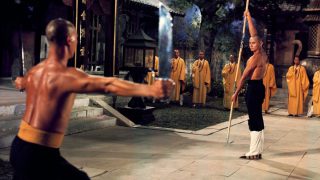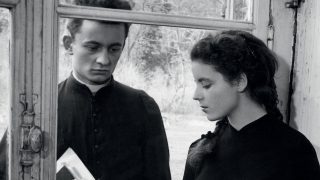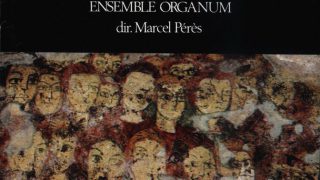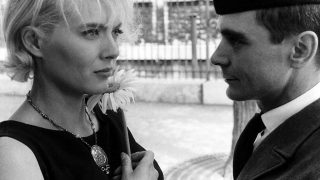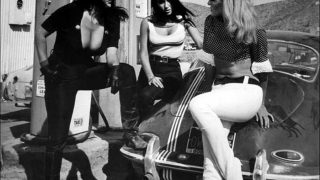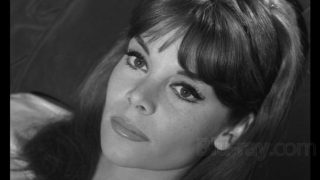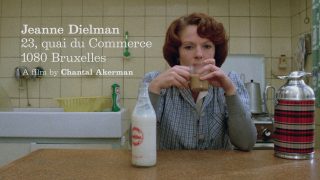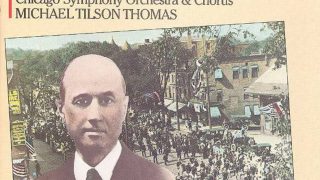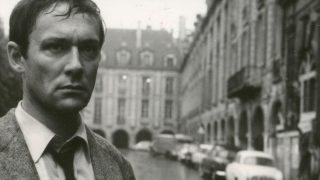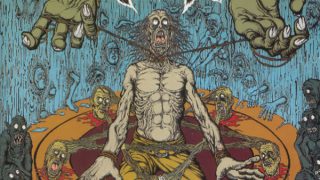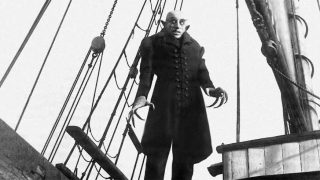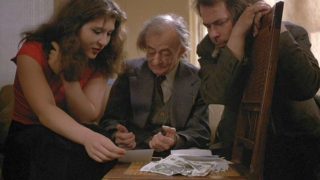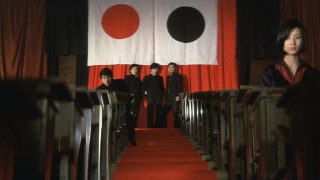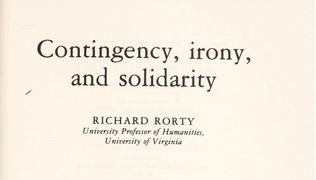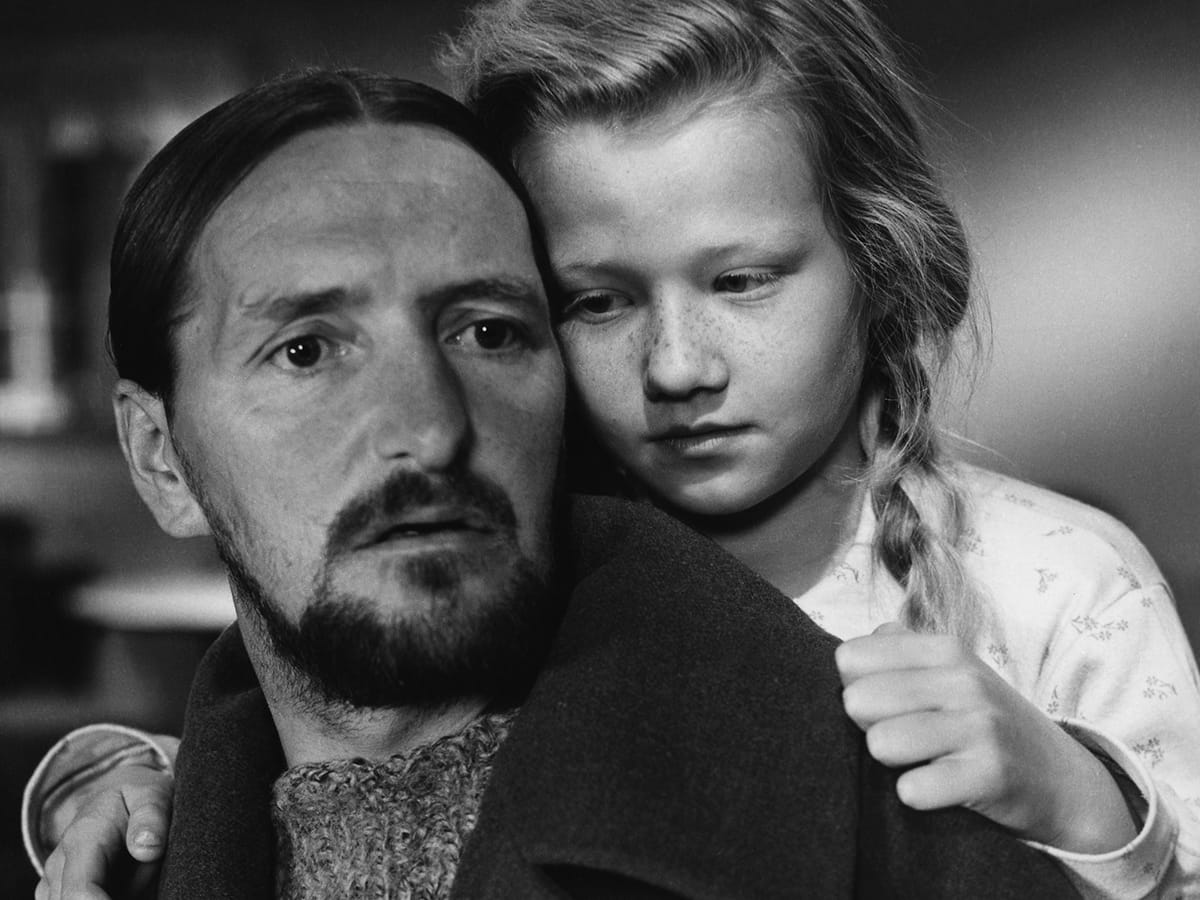Overview
“Ordet” is a 1955 Danish drama film directed by Carl Theodor Dreyer.
The original Danish title “Ordet” means “The Word”.
Set in a Danish farm village, it depicts dramas of religious life in the historical context of the conflict between two Protestant sects.
It is based on the play of the same name (1925) by Kaj Munk, a Danish Lutheran pastor, playwright and poet.
Black and white. 126 minutes.
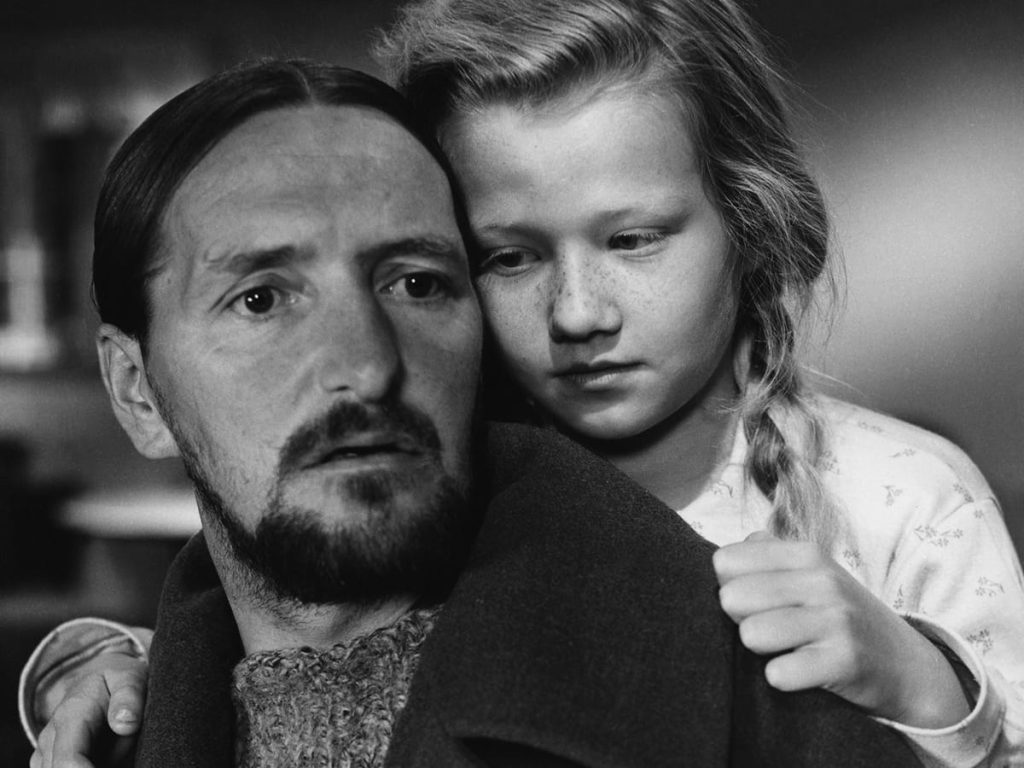
Plot
Set in a Danish farm village, Jutland in 1925. In the area in the early 20th century, there was a conflict between two Protestant sects, Grundtvigian and Inner Mission. The Grundtvigian sect thought positively about this world, while the Inner Mission sect thought of living in this world as something like hardship for being happy in the afterworld.
Widower Morten Borgen (Henrik Malberg) believes in the Grundtvigian sect. He runs a farm in the village. He has three sons: The eldest son, Mikkel (Emil Hass Christensen) has no faith. Mikkel has two daughters with his wife Inger (Birgitte Federspiel). Inger is pregnant with their third child. The second son, Johannes (Preben Lerdorff Rye) had studied theology and Søren Kierkegaard, but he had gone insane because of an event. He wanders the farm, believing himself to be the second coming of Jesus of Nazareth. The youngest son, Anders (Cay Kristiansen) and Anne Petersen (Gerda Nielsen), the daughter of Peter the Tailor (Ejner Federspiel), are in love with one another. Peter is the leader of a local Inner Mission sect.
Anders asks Peter to let him marry Anne, but Peter refuses the marriage proposal because of the sectarian differences.
Morten visits Peter with Anders to convince Peter to allow the marriage when Peter holds a meeting of the Inner Mission sect at his home. Morten tries to make Peter change his mind, but their discussion develops into a sectarian dispute.
Morten receives a call saying that Inger’s condition has become serious. Peter says he hopes Inger will die as a punishment by God. Furious at Peter’s comments, Morten says to Peter, “You can go to hell”.
The doctor is forced to abort the baby in order to save Inger’s life. Johannes says to Inger’s elder daughter that Inger will die and then he will revive her. That night, Inger dies suddenly. Johannes disappears, leaving a note saying, “Where I am going, you cannot come.” (“Gospel according to John”, 13:33)
The Borgen family conducts the funeral of Inger at their home. Peter and his wife come to Borgen’s home. Peter apologizes to Morten, and he says he permits Anne and Anders to marry.
Johannes comes back home. He has regained his sanity. In front of Inger’s open coffin, Inger’s elder daughter takes Johannes’ hand and asks him to raise her mother from the dead. Johannes calls for Jesus Christ to give him the word to revive the dead, and orders Inger to rise up in the name of Jesus Christ.
Commentary
“Ordet” is a film that realistically depicts the dramas in the daily life of the farm village in Jutland in the early 20th century in the form of chamber play (Kammerspiel). It is characterized by its artistic images with compositions and lighting carefully calculated, like a painting or sculpture. It is a unique film like a fusion of the elements of domestic drama, situation comedy, theological argument, and miracle play.
The film won the Golden Lion at the 1955 Venice International Film Festival and the 1956 Golden Globe Award for Best Foreign Language Film.
